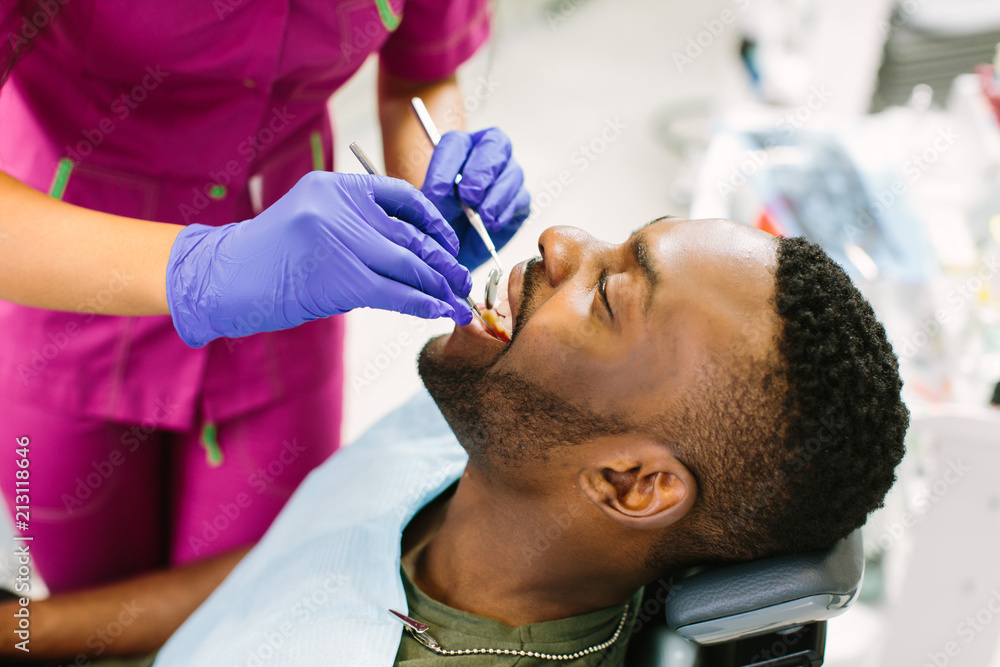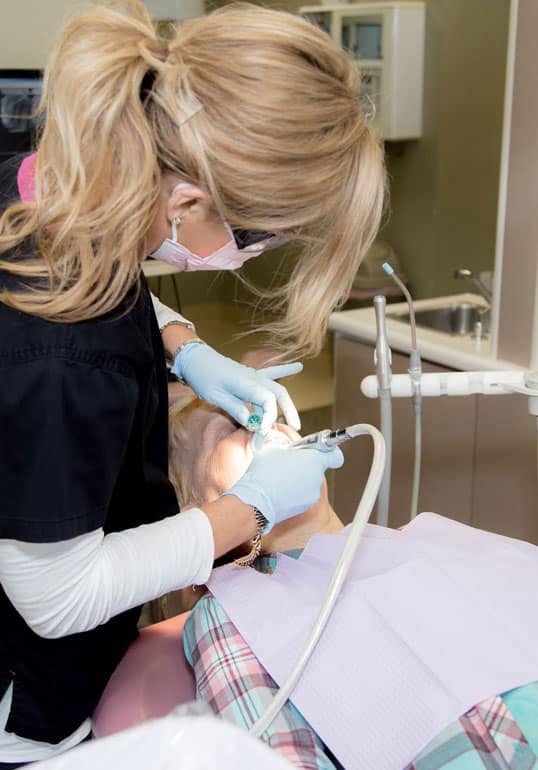Why Veneers Are the Perfect Service for a Spectacular Smile in Washington DC
Why Veneers Are the Perfect Service for a Spectacular Smile in Washington DC
Blog Article
Common Questions About Oral Veneers Addressed
Dental veneers have actually ended up being a progressively popular option for those aiming to boost their smiles, yet lots of individuals continue to be unpredictable regarding various facets of their usage. Key questions usually emerge concerning the application procedure, long life, and possible risks connected with these aesthetic improvements. The distinction between porcelain and composite veneers can considerably influence one's choice. As we discover these common queries, it comes to be vital to think about not just the benefits however also the ramifications of opting for dental veneers in pursuit of a much more positive look. What factors should one weigh prior to making such a choice?
What Are Oral Veneers?
Oral veneers are slim, custom-made shells crafted from porcelain or composite resin that are developed to cover the front surface area of teeth. These dental prosthetics offer both visual and practical objectives, providing a service for numerous dental blemishes, including discoloration, chips, gaps, and misalignment. By adhering to the teeth, veneers can dramatically enhance the general appearance of a smile, developing a more eye-catching and uniform look.
Porcelain veneers are particularly preferred for their natural clarity and stain resistance, making them a suitable selection for individuals seeking durable outcomes. In contrast, composite resin veneers are usually less pricey and can be applied in a solitary go to, but they might not use the exact same durability as porcelain alternatives.
The choice to go with oral veneers usually originates from a desire for aesthetic enhancement, yet people need to also take into consideration factors such as the long life of the material, maintenance demands, and the prospective demand for tooth decrease (Dental Veneers). Eventually, dental veneers stand for a functional and effective option for achieving a glowing smile, satisfying specific cosmetic requirements while advertising confidence and self-worth
How Are Veneers Applied?
The application procedure for veneers requires mindful preparation and accuracy to make certain optimum outcomes. The procedure generally starts with a detailed examination, where the dental expert assesses the client's oral health and wellness, discusses preferred results, and figures out the suitable kind of veneers, whether porcelain or composite material.
When the treatment plan is established, the dental professional prepares the teeth by eliminating a slim layer of enamel, typically about 0.5 mm to 1 mm, to suit the veneer. This action is critical as it makes sure a correct fit and protects against the veneers from appearing cumbersome - Low Cost Veneers. After preparation, impacts of the teeth are taken to develop custom-made veneers that match the client's distinct oral structure and aesthetic choices
While the long-term veneers are being produced in an oral laboratory, short-lived veneers may be placed to shield the prepared teeth. As soon as the irreversible veneers are all set, the dental expert will very carefully bond them to the teeth using a strong oral adhesive. Last changes are made to make certain appropriate alignment and attack, followed by polishing for an all-natural look. The process finishes in a follow-up appointment to check the veneers' fit and the individual's complete satisfaction with their new smile.
What Are the Advantages?

Additionally, veneers are known for their resilience and resistance to staining contrasted to all-natural teeth. Made from premium materials such as porcelain or composite resin, they can preserve their appearance for several years with proper treatment. This long life makes them a sensible investment in one's oral look.
In enhancement to aesthetic enhancements, veneers can also contribute to improved dental wellness. By covering damaged or deteriorated teeth, they can give extra support and protection, aiding to stop additional decay or degeneration. This protective facet can minimize the requirement for more extensive dental procedures in the future.

For How Long Do They Last?
With proper treatment and upkeep, dental veneers can last anywhere from 10 to 15 years, making them a durable service for enhancing one's smile. The longevity of veneers greatly depends on the product made use of, the top quality of the initial positioning, and the client's adherence to oral hygiene practices.
Porcelain veneers are recognized for their resilience and resistance to staining, commonly lasting closer to the 15-year mark when cared for properly. Compound veneers, while a lot more economical, might require replacement sooner, often within 5 to ten years due to their vulnerability to use and staining.

In addition, using a mouthguard during sports or nighttime can provide added defense. Ultimately, while veneers supply a considerable visual improvement, their long life is dramatically influenced by the commitment to correct oral treatment and regular consultations with an oral specialist.
Exist Any Type Of Risks?
Considering the transformative impacts of oral veneers, it is necessary to recognize the possible dangers linked with their application. While veneers can improve the look of teeth, the procedure entails the elimination a fantastic read of a thin layer of enamel, which can raise tooth sensitivity and susceptability to decay.
One significant risk is the possibility of incorrect placement or suitable, resulting in discomfort, bite misalignment, or perhaps damages to the underlying tooth structure. Furthermore, if the veneers are not kept correctly, they can end up being tarnished or broken gradually, demanding substitute.
People might additionally experience allergic reactions to the products utilized in the veneers, specifically if they have sensitivities to specific dental compounds. While veneers are durable, they are not indestructible; extreme force from squeezing or grinding can lead to fractures.
It is vital for individuals to seek advice from a qualified oral expert to examine their specific risks and to follow aftercare guidelines diligently. By recognizing these threats, people can make enlightened decisions concerning their dental veneer treatment and make sure the durability and success of their improvements.
Final Thought
In summary, oral veneers stand for an important cosmetic remedy for improving smiles, with considerations concerning their application, benefits, longevity, and connected risks. Their effectiveness is affected by elements such as the option of material, with porcelain offering superior longevity compared to composite choices. Proper care and upkeep are necessary to make best use of the life expectancy of veneers. Ultimately, notified decision-making relating to dental veneers can lead to adequate visual end results and enhanced dental wellness.
Dental veneers are slim, customized coverings crafted from porcelain or composite material that are developed to cover the front surface of teeth. After prep work, perceptions of the teeth are taken to produce customized veneers that match the client's one-of-a-kind dental framework and visual choices.
While the long-term veneers are being made in a dental laboratory, momentary veneers might be positioned to protect the ready teeth. When the long-term veneers are site here ready, the dental practitioner will meticulously bond them to the teeth utilizing a solid oral adhesive. Ultimately, notified decision-making pertaining to oral veneers can lead to adequate visual results and enhanced oral wellness.
Report this page